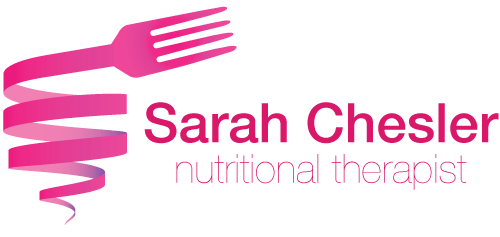Everyone’s capacity to learn is different, however to ensure that you or your child has the best opportunity to absorb and retain all the information that is needed to pass your exams, eating the right foods is an essential.
Stress, late nights, lack of sleep and imbalanced meals can have an impact on your ability to concentrate and keep calm.
Below are my top tips to maximize your potential:
- Breakfast. Alternate between energy boosting porridge and eggs. Porridge will keep you feeling satisfied and full for a good few hours while eggs, containing a nutrient called choline, are said to help improve memory and cognitive performance.
- Lunch. Boosting the intake of certain nutrients at lunchtime can help increase energy reserves. For example, enjoy a large mixed leaf salad, including vegetables such as kale and spinach, as these are a great source of magnesium, the relaxation mineral, which is often rapidly depleted during times of stress. Combine your salad with a small portion of lean protein.
- Dinner. Salmon is a rich source of omega-3 fatty acids and therefore is a great brain boosting option. If you don’t eat fish, try sprinkle flaxseeds on your breakfast porridge or lunch time salads.
- Snacks. Don’t be tempted to reach for a sugary chocolate snack as this will only lead to a crash in your blood sugar balance, making you feel even more exhausted. Instead, choose a bowl of blueberries or raspberries and a piece of cheese or a handful of cashews. Apple slices with peanut butter are also a tasty option. Pumpkin seeds and walnuts are thought to have a positive effect on the brain, as they are rich in vitamin E and zinc. Have these on your desk so that they are on hand when hunger strikes! You could even have a slice of healthy banana nut bread baked and ready for those afternoon pick me up moments. * See recipe below
- Stay hydrated. To keep the body and brain functioning at its best, it is important to drink between 6-8 glasses of water a day. When the body becomes dehydrated, the brain becomes sluggish and starts to function slowly. Keep a big bottle of water on your desk and drink your 1.2 litres regularly throughout the day.
- Sleep. Aim to establish a relaxing bedtime routine. Having a warm bath with Epsom salts and lavender oil can help reduce stress levels and prepare your body for a good night’s sleep.
Banana Nut Bread (recipe from Nutritional Therapist Jeanette Hyde)
Have this ready made as it’s a delicious, healthy and satisfying quick go-to ‘treat’. It feels as if you are having a slice of cake!
Ingredients:
2 tbsp extra Virgin Olive Oil
2 cups walnuts
1 cup ground almonds
2 tsp baking powder (gluten free if needs be)
1 ripe banana
3 large eggs
2 tbsp honey
Method:
Grease a loaf tin with a little olive oil. Preheat the oven to 180ºC.
Grind the walnuts in a blender. Add these to the ground almonds and baking powder in a mixing bowl.
Put the banana, eggs, remaining olive oil and honey in the blender and mix until all broken down.
Add the wet mixture to the dry mixture and stir with a wooden spoon.
Pour the batter into the loaf tin and bake for 30 minutes, or until a skewer comes out of the mixture clean.
Remove from the oven, turn out, and allow to cool.







